American Pit Bull Terriers (Loyal Yet Misjudged)
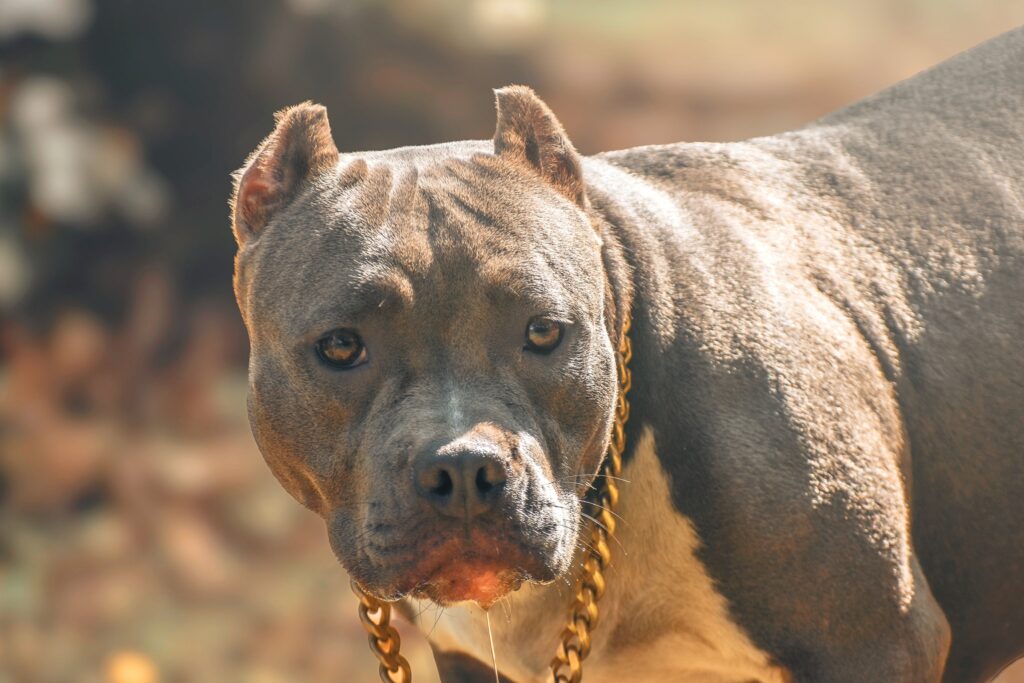
No breed faces more prejudice than the pit bull. Despite most of them being affectionate, eager-to-please, and loyal family dogs, they’re often labeled dangerous due to media portrayals and outdated beliefs. Many shelters face breed restrictions or housing limitations, leaving pit bulls stuck in the system far longer than other dogs. In truth, with proper training and socialization, they make some of the most devoted pets you’ll ever meet.
Akitas (The Noble Guardians)
Independent and protective, Akitas need experienced handlers. Their aloofness and guarding instincts can be misunderstood, but in a patient home, they’re calm, loyal, and deeply bonded to their humans.
Belgian Malinois (Too Smart for Their Own Good)
Bred for military and police work, these brilliant athletes need constant engagement. Without a job to do, they can become anxious or destructive. But in the right hands, they’re unstoppable companions.
Chihuahuas (Tiny but Mighty Misunderstood)
Small in size but big in personality, Chihuahuas often end up in shelters due to behavioral issues that stem from improper socialization. With structure and love, they can be fiercely loyal and sweet.
Dalmatians (Spotted and Spirited)
Thanks to their Hollywood fame, many adopters underestimate their needs. High-energy, sensitive, and smart, Dalmatians require stimulation and structure—or risk becoming unruly.
Greyhounds (Retired Racers Seeking Relaxation)
These ex-athletes are surprisingly low-energy and gentle. Sadly, myths about their speed and needs keep many from adopting them. In truth, they’re mellow, affectionate, and thrive on soft beds.
Bloodhounds (Super Sniffers, But a Lot to Handle)
Lovable and goofy, Bloodhounds come with loud bays, strong scent instincts, and lots of drool. Their needs are too much for many adopters—but for the right person, they’re pure joy.
Great Danes (Gentle Giants with Giant Needs)
Their size alone can be intimidating. Combine that with short lifespans and high vet costs, and many families pass them by. But Danes are among the most loving, laid-back dogs you’ll meet.
American Bulldogs (Strong and Sensitive)
Often mistaken for pit bulls, these muscular pups face similar stigma. They need training, space, and confident owners—but they return the favor with loyalty and affection.
Shar-Peis (Independent and Often Overlooked)
Their wrinkly appearance and reserved nature confuse many adopters. But beneath that stoic expression is a calm, loyal dog who just needs a little patience to open up.
Also Overlooked (But Not Breeds)
Dogs with Disabilities (Special Needs, Extra Love)
Whether deaf, blind, or on wheels, disabled dogs face long waits in shelters. But they adapt beautifully and love fiercely. They don’t know they’re different—they just know they’re yours.Senior Dogs (The Golden Oldies)
Senior Dogs (The Golden Oldies)
Adopters gravitate toward puppies, leaving senior dogs behind. Yet older dogs are often house-trained, mellow, and full of gratitude. They’re perfect for quieter homes—and they need love, too.
Black Dogs (Victims of ‘Black Dog Syndrome’)
Shelters report that black-coated dogs are adopted last. Whether due to superstition, media bias, or simply being harder to photograph, this silent prejudice still costs good dogs good homes.
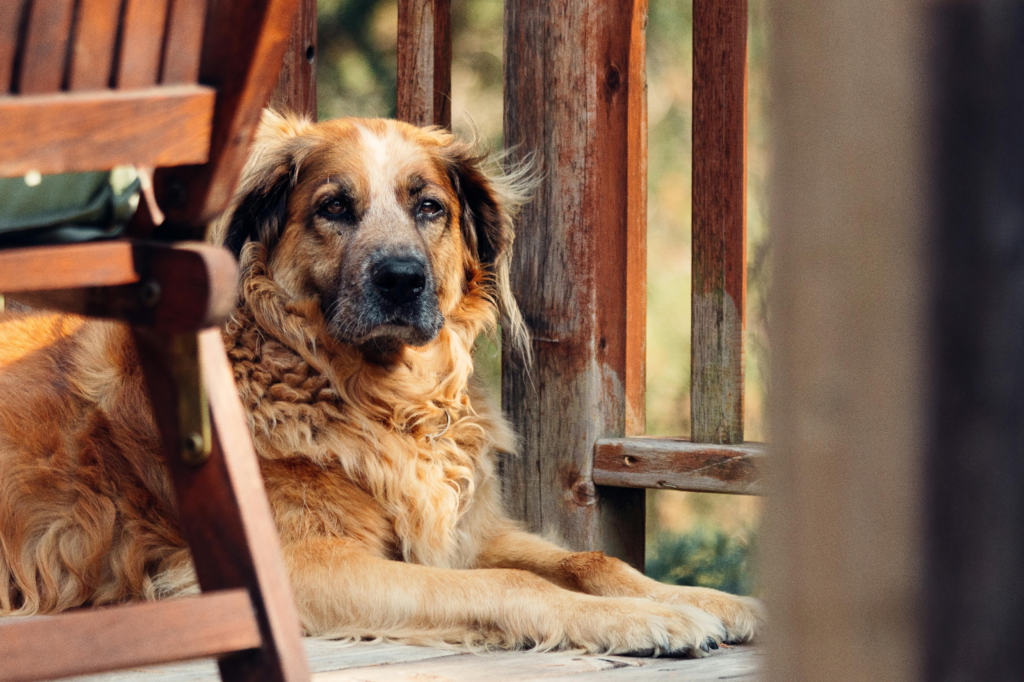
Older dogs often linger in shelters as potential adopters gravitate towards puppies, seeking longer companionship and fearing potential health issues. However, senior dogs typically come with established temperaments, are house-trained, and require less intensive exercise. Their calm demeanor makes them ideal for quieter households. Unfortunately, statistics show that senior dogs have an adoption rate of only 25%, compared to 60% for younger dogs. This disparity highlights the need to recognize the unique joys of adopting an older pet. Giving a senior dog a loving home can be incredibly rewarding.
Black Dogs (Victims of ‘Black Dog Syndrome’)

Black Dog Syndrome refers to the phenomenon where black-coated dogs are overlooked in shelters, possibly due to negative superstitions, perceptions of aggression, or challenges in photographing them for adoption profiles. While some studies suggest this bias exists, others find no significant difference in adoption rates based on coat color. Nonetheless, many shelters report that black dogs often have longer stays. This could be attributed to societal biases and the portrayal of black dogs in media. Efforts are ongoing to raise awareness and promote the adoption of these often-overlooked pets. Remember, a dog’s coat color doesn’t determine its capacity for love.
Dogs with Disabilities (Special Needs, Extra Love)
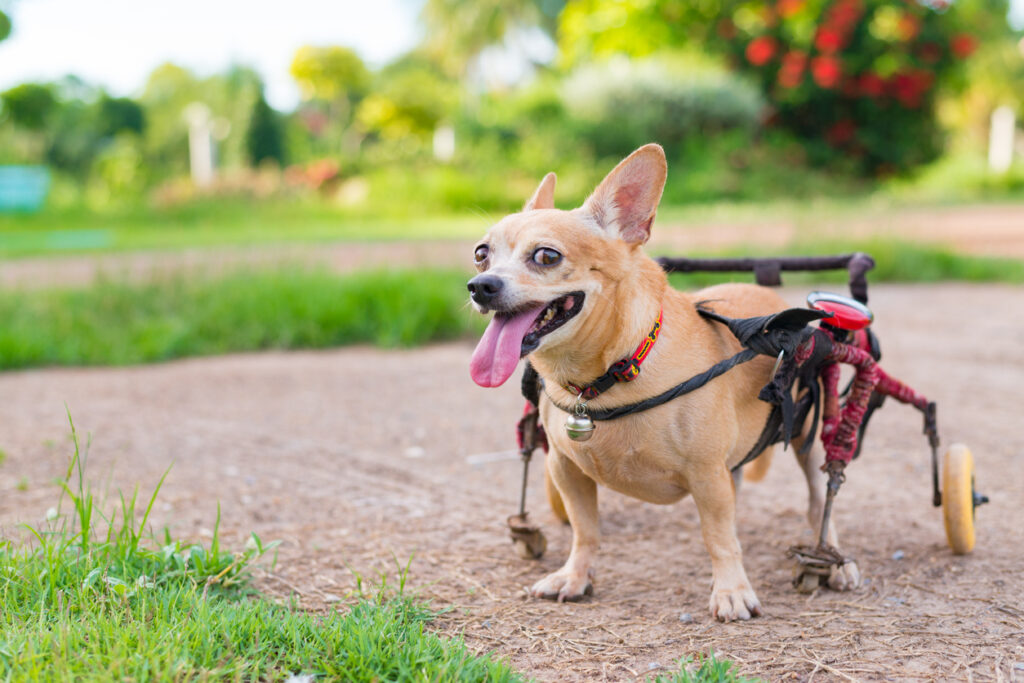
Dogs with disabilities—whether they’re blind, deaf, missing limbs, or living with chronic conditions like epilepsy—are some of the most overlooked in shelters. Potential adopters often fear the extra work or expense, but these pups are just as loving, capable, and happy as any other dog. Breeds like Australian Shepherds and Dalmatians are more prone to congenital deafness, especially in all-white variations, while German Shepherds and Boxers can be prone to degenerative spinal issues. Many dogs adapt remarkably well to wheelchairs, ramps, or sensory-based training. They don’t know they’re “different”—they just know when they’re loved. Adopting a disabled dog can be a truly rewarding experience that proves resilience and joy come in all forms (and sometimes with a little extra wobble or wheeze).
Akitas (The Noble Guardians)
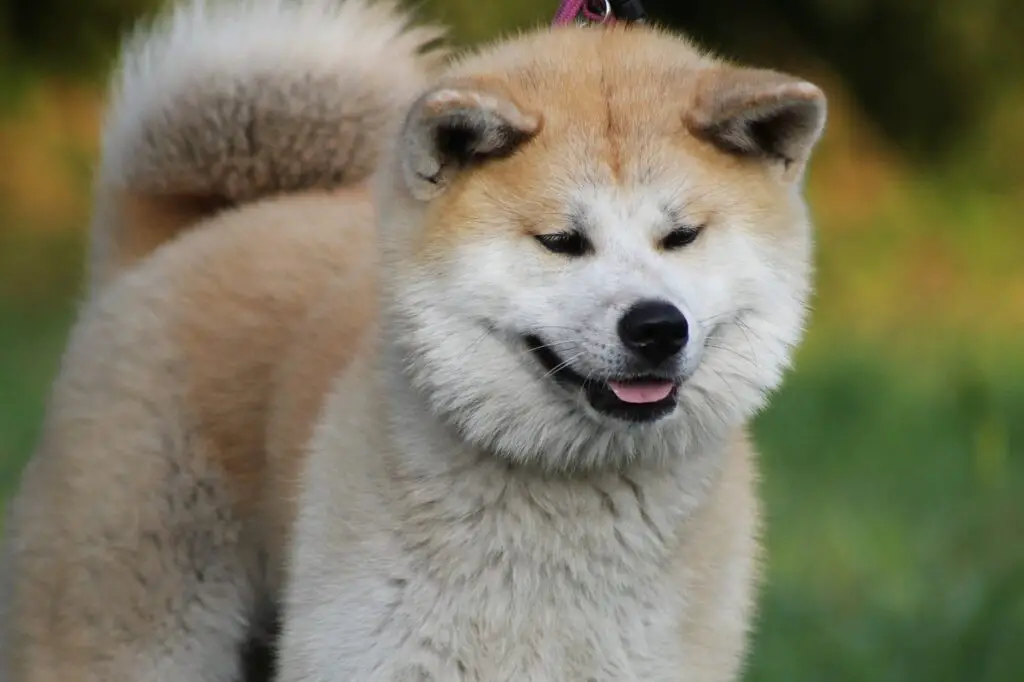
Akitas are dignified and loyal dogs that often face adoption challenges due to their strong-willed nature and need for experienced handlers. Their protective instincts, while admirable, can be misinterpreted as aggression. They may not be suitable for households with other pets or inexperienced owners. However, with proper training and socialization, Akitas can be devoted and affectionate companions. Their quiet strength and loyalty are unmatched. Prospective adopters should be prepared for a committed relationship with this majestic breed.
Greyhounds (Retired Racers Seeking Relaxation)
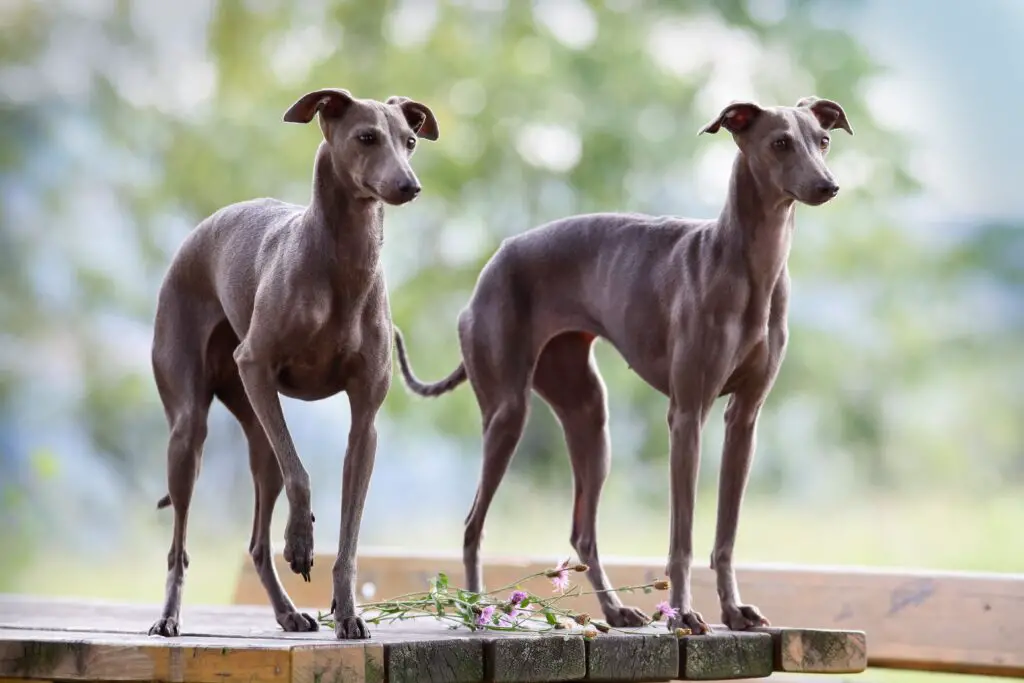
Retired racing Greyhounds often struggle to find homes due to misconceptions about their energy levels and adaptability. In reality, they are gentle, low-energy dogs that enjoy lounging and require minimal exercise. Their racing background may intimidate potential adopters unfamiliar with the breed. Efforts are being made to rehome these dogs, but the demand doesn’t always meet the supply. Greyhounds make excellent companions for those seeking a calm and affectionate pet. Adopting a retired racer can be a rewarding experience.
6. Dalmatians (Spotted and Spirited)
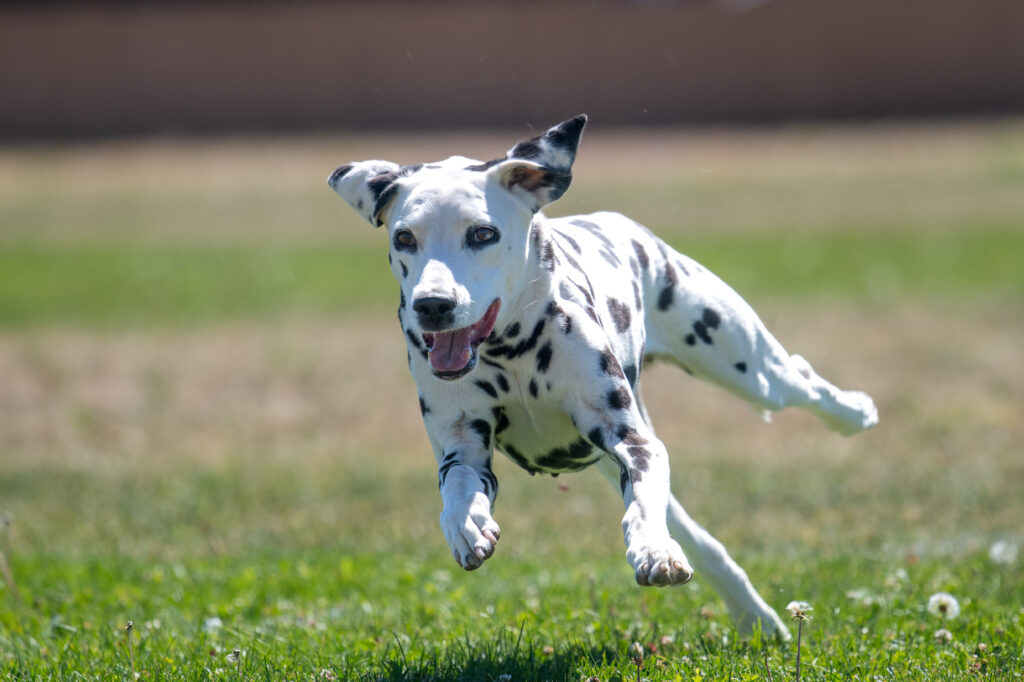
Dalmatians gained popularity from media portrayals but often end up in shelters when owners can’t meet their high energy and training needs. They require regular exercise and mental stimulation to prevent behavioral issues. Their strong-willed nature can be challenging for first-time dog owners. Without proper guidance, they may develop destructive behaviors. However, with an active lifestyle and consistent training, Dalmatians can be loyal and loving pets. Prospective adopters should be prepared for an energetic and intelligent companion.
7. Chihuahuas (Tiny but Mighty Misunderstood)
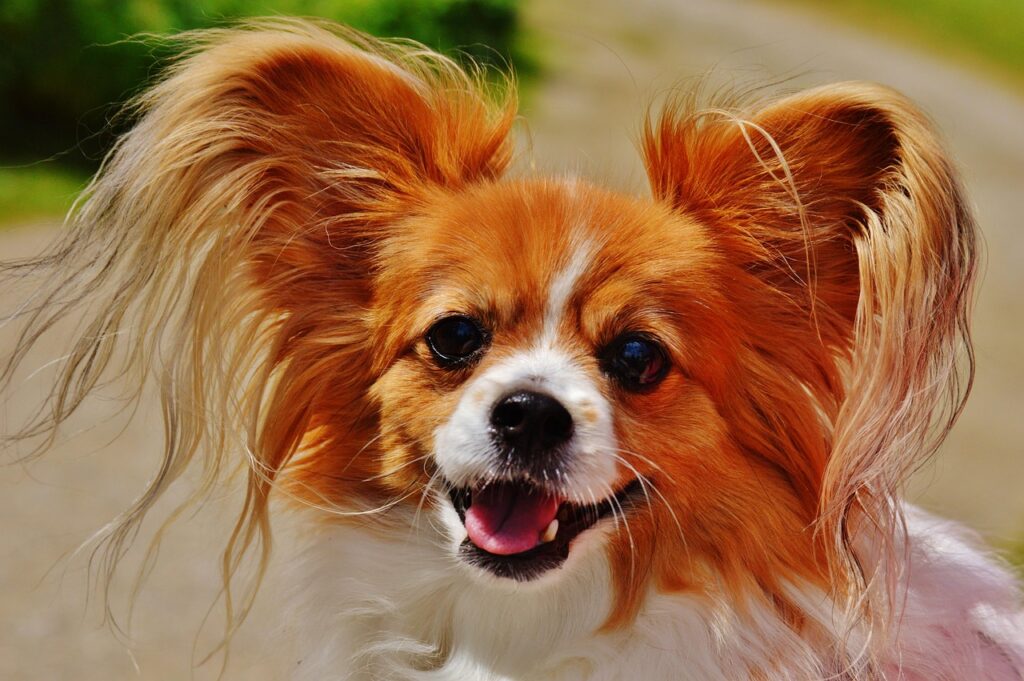
Chihuahuas, despite their small size, often end up in shelters due to behavioral issues stemming from lack of proper training and socialization. Their popularity, especially in urban areas, has led to overbreeding and a surplus in shelters. Potential adopters may be deterred by their reputation for being yappy or aggressive. However, with consistent training and care, Chihuahuas can be affectionate and loyal companions. Their portability and adaptability make them suitable for various living situations. It’s essential to look beyond stereotypes and recognize their potential as loving pets.
8. Bloodhounds (Super Sniffers, But a Lot to Handle)

Bloodhounds are famous for their unparalleled sense of smell—they’ve even helped solve crimes! But while their noses might be legendary, their stubborn streak and booming barks can be a lot for the average pet owner. Many people adopt them thinking they’re just big, droopy lovebugs (which they are), but underestimate the training and patience they require. Their scent-driven nature means they’ll follow a trail for miles if not properly fenced in or leashed, and their drool situation? Let’s just say it’s not for the faint of heart. Because of all this, Bloodhounds often get returned to shelters by overwhelmed adopters. Still, for experienced dog lovers with a bit of patience, they’re loyal, goofy, and incredibly rewarding companions.
9. Belgian Malinois (Too Smart for Their Own Good)

Belgian Malinois are the overachievers of the dog world—brilliant, agile, and fiercely loyal. But that high-octane combo is exactly why they often struggle to find forever homes. Bred for police and military work, these dogs need a job to do, or they’ll make one—like dismantling your sofa or digging to the Earth’s core. Many end up in shelters when well-meaning owners realize they can’t keep up with their mental and physical needs. Without proper training and structure, they can become anxious, destructive, or even aggressive. But in the right hands, a Malinois is a devoted, hardworking companion who will impress you daily with their skills and smarts—just don’t expect them to be a couch potato.
Breeds with Chronic Health Issues (Adorable, But Often Expensive)

Some of the cutest dog breeds come with a laundry list of health problems, and unfortunately, that can make adopters think twice. Breeds like English Bulldogs, Pugs, and French Bulldogs are brachycephalic, meaning their flat faces make breathing a lifelong struggle—not to mention the eye, skin, and joint problems that often tag along. Then there’s the Cavalier King Charles Spaniel, which, while sweet and loving, is prone to heart disease and neurological conditions that can require costly vet visits. Even Great Danes, majestic as they are, have short lifespans and are at risk for bloat, a life-threatening digestive issue. Many of these dogs are surrendered to shelters when medical bills pile up or their care becomes too complex. But for adopters who are prepared and financially able, these breeds can still offer loads of love, couch cuddles, and comical snorts—just be ready for the extra TLC they’ll need.
The story The Surprising 10 Dog Breeds That Struggle to Find Forever Homes was first published on DailyFetch.


